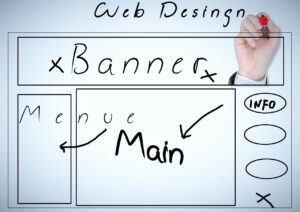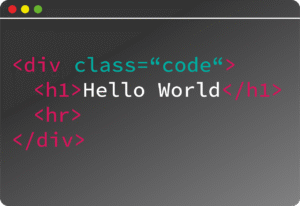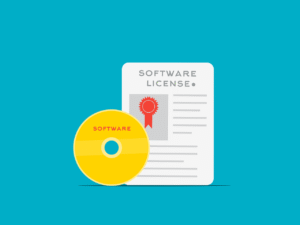How to Choose the Perfect Web Development Company for Your Business
Introduction
Your website is often the first impression customers get of your business. A well-made site can boost your brand, bring in new clients, and grow your revenue. Picking the right web development company is one of the most important steps you’ll take. But it’s not just about finding the cheapest or fastest option. Choosing based only on price or quick results can lead to problems later. This decision needs careful thought to make sure your website truly works for your goals.
Understanding Your Business Needs and Goals
Identifying Your Website Objectives
Start by knowing what you want your website to do. Is it for selling products online? Generating leads? Building awareness? For example, a retail shop needs a shopping cart that’s easy to use. A non-profit may focus more on sharing stories and raising awareness. Defining your main goal helps you and your web team stay on track.
Assessing Your Technical Requirements
Next, look at what special features your site needs. Do you need a system to manage content? Custom tools? Integration with other apps? Think about your future growth too. Will your website need to handle more visitors later? Planning for these needs early can save headaches later.
Setting a Realistic Budget and Timeline
Set a clear budget and timeline based on your goals. Cheaper options might limit features or quality. A tight deadline might mean cutting corners. Be honest about what you can afford and how soon you want your site online. This will help you find a company that can meet your needs without surprises.
Key Factors to Consider When Selecting a Web Development Company
Experience and Portfolio
Look at what the company has built before. Do they have experience in your industry? Check out their past work. Is their design modern? Is the user experience smooth? A strong portfolio shows they can handle projects like yours and deliver good results.
Technical Expertise and Technologies Used
Find out what tools and platforms they use. Are they skilled in WordPress, Shopify, or Magento? Do they follow current coding rules? Can they make your site look great on phones and tablets? Knowledge of security measures is also important to protect your site and visitors.
Client Reviews and References
Read comments from previous clients. Do they praise the company’s work? Were the projects finished on time? Contact past clients if possible. Asking about their experiences can reveal how easy or difficult it might be to work with a company.
Communication and Project Management
Good communication is crucial. Does the company listen to your ideas? Do they keep you updated on progress? Find out what tools they use for project tracking, like Slack or Trello, and see if their process matches your expectations. Clear communication keeps everyone on the same page.
Pricing Models and Contract Terms
Understand how they charge. Do they offer fixed prices or hourly rates? Are there retainer options? Make sure the scope and goals are clear. Watch out for hidden costs or vague terms that can lead to extra charges. Transparency saves headaches later.
Evaluating the Company’s Process and Support System
Development Workflow and Methodology
Ask how they build websites. Do they follow a step-by-step plan? Do they involve you during key phases? An organized process with testing and feedback makes the final site better. It also reduces mistakes and delays.
Post-Launch Support and Maintenance
Websites need updates and security checks. Does the company offer ongoing support? Will they help fix problems after launch? Think about building a long-term partnership. Continuous support keeps your website running smoothly.
Ensuring SEO and Performance Optimization
A fast, mobile-friendly site is vital. Look for companies that focus on speed, SEO, and user experience during development. Will they help you improve your site later? Good companies include performance tweaks and SEO best practices from day one.
Making the Final Decision
Comparing Quotes and Proposals
Review all proposals carefully. Does each include what you asked for? Are there hidden fees? Pick the option that offers the best value, not just the lowest price.
Trusting Your Instincts and Gut Feel
Choose a company you feel comfortable with. Are they professional? Do they understand your vision? A good working relationship makes the project go smoother.
Conducting Due Diligence
Check credentials, certifications, and industry recognition. Make sure everything is clear in your contracts. Clarify legal terms and ownership rights upfront to avoid surprises.
Conclusion
Choosing the right web development company can make or break your online success. Focus on experience, skills, communication, and support rather than just price. Take time to research your options thoroughly. Your website is a key tool for growth—invest in a partner who cares about your goals. Doing so will pay off with a website that looks great, works well, and drives results for your business.



































































































